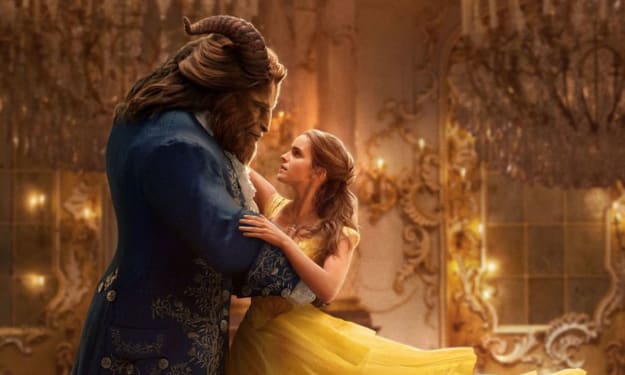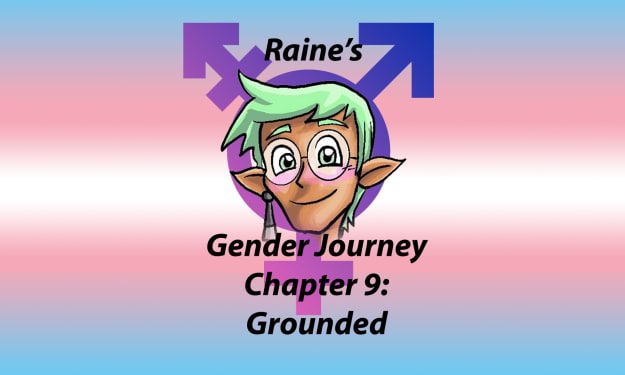First, Opportunity
A review of T2: Trainspotting

If the first movie, Danny Boyle's 1996 film based on Irvine Welsh's novel of the same name, has an iconic phrase, it's "Choose Life." If it's 2016 sequel has anything to the same effect, it is the often repeated "First an opportunity, then betrayal." That accurately summarizes the pattern of many iconic movies and their forced sequels- one of stars turned into money grab series. Despite my desire to give this article a cliched, quoted title, in this case it would be misleading. I can't associate the world betrayal with a review of this film because it's a flawless continuation.
I have seen the first film a dozen times at least. I know it scene by scene. I know every character, every actor, every snippet of memorable dialogue in time with each beat on the iconic soundtrack. Am I being dramatic? Yes. But there's not understating my love for this film. I've read the book and fell in love with it all the same. For four years I've wanted to watch this sequel. I tracked the production of it since it was first announced, watched the trailer daily, and hungered after every interview and press-related anything. I am pathetically addicted to Trainspotting. So in short, my expectations were high when finally, in 2020's quarantine-provided free time, I had an opportunity of my own: finally watching T2.
T2 manages to continue a story from 20 years earlier immaculately, without any attempts to force a romantic view of was while being, by itself, a lackluster piece of media. The idea is all too familiar: a movie or book picks up its characters later, but all the charm of the first story is lost. T2 is the opposite of that. It is the prime sequel, existing as a beautiful continuation and an individually spectacular piece.
For anyone looking to just rewatch Trainspotting, wanting to see the same characters, the same places, the same feeling, you're out of luck. The beauty of T2 is in how remarkably different it is. Trainspotting is visually characterized by it's Francis Bacon inspired color palette- blurry, surrealist oranges and sickly yellows, atmospheric blues. There is a perpetual clash between the synthetic, drugged out experiences of the characters and the reality of their environment. They exist in this sort of isolation. The power of those parallels is not to be diminished.
As a way of revisiting them, T2 contrastly bathes scenes in natural lighting, a hopeful feeling one might have at remembering what once was. As Simon (Jonny Lee Miller) beautifully illustrates, "A tourist in your own youth." Not only is the present action lighter, more energetic, but it is peppered with even more nostalgic clips: reels from the first movie and shots of younger actors, both kids and teenage, filling in even older memories. Together, these juxtapositions culminate in a representation of aging, in growing into the person that you are. Perhaps this isn't the person you want to be, and who are you disappointing? Is it yourself? Wife? Children? Lack of children? There's no end to who these characters let down in their attempts to search for something more, to find a purpose.
And this shift is far from subtle. In the first film, many scenes are silent, covered with the ever iconic soundtrack and narration by main character Mark Renton (Ewan McGregor). However, this second film is devoid of narrative voice overs, filled with snippets of dialogue. The exception to this is the genius arc that (spoiler) Spud (Ewan Bremner), remembering his past, decides to write out the stories of his youth. What he writes is indeed the very book which this is all based on, Irvine Welsh's own words repeated verbatim as Spud's. It spins the story on its head, provides a nostalgic closure to a movie that is 20 years old.
It isn't just Spud that leads things back to where they began. Trainspotting's iconic intro - Renton running through the streets being chased, giving the Choose Life monologue, as Iggy Pop's "Lust for Life" plays - echoes as a remix of the same song sounds from the record player in Renton's childhood bedroom, the very same where he sweat out his heroin addiction 20 years before. He leans back, an image of him from his youth flashes, from when the same song played, he stood in the same pose.
In this case, the narrative is backwards. Trainspotting ends with betrayal. T2 ends with opportunity: Spud has finished his story and is determined to do good, Simon and Mark are reunited. It is not the naively hopeful, aspirational ending of the first movie. It is mild, it is honest. It shows failure of middle age, the fight for youth and success and happiness in any way they can be achieved. It shows opportunity, and as always, life.
About the Creator
E.A. Forster
A fan of literature and cinema, following civil rights and the LGBT+ community. History enthusiast, artist, writer, and journalist.






Comments
There are no comments for this story
Be the first to respond and start the conversation.